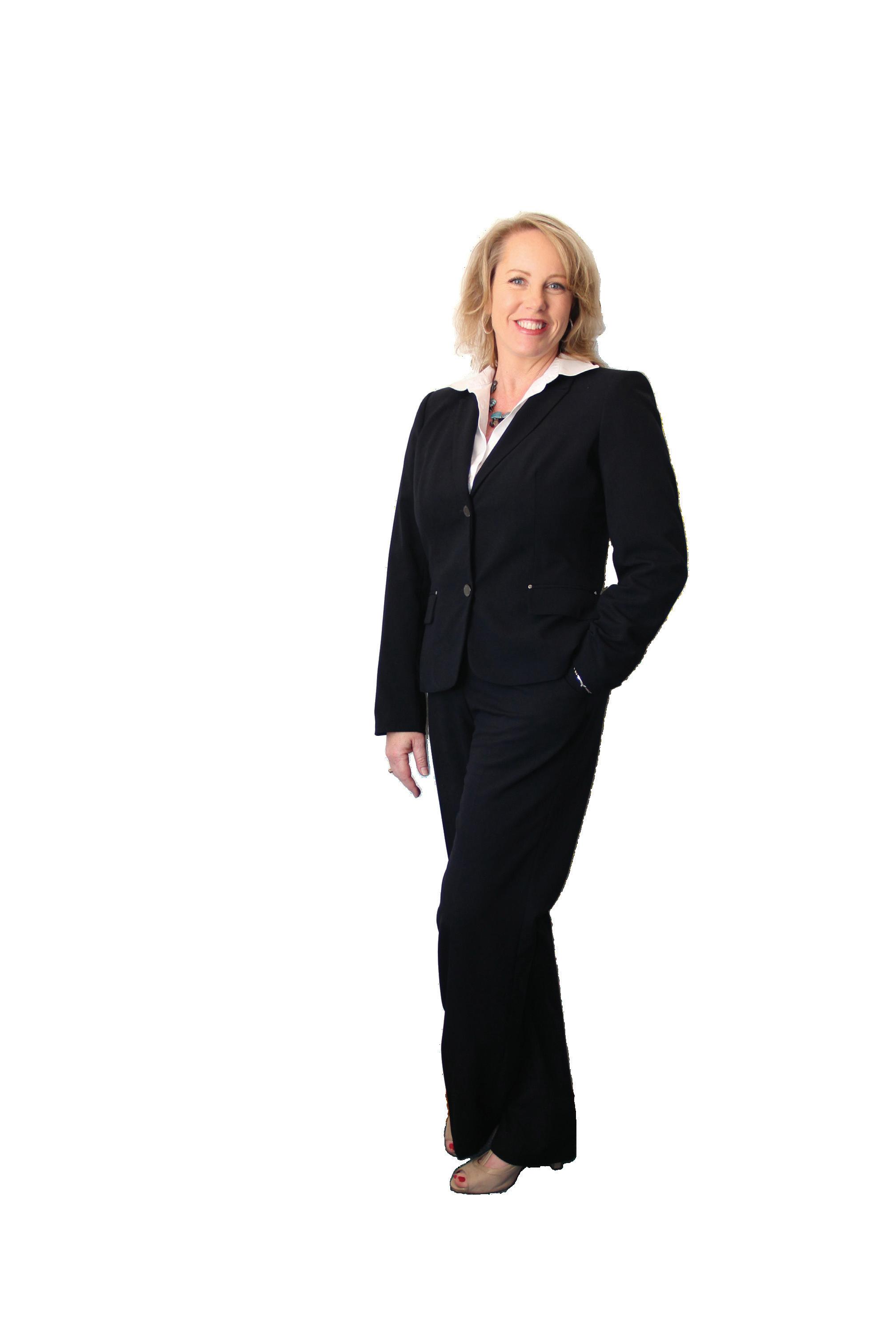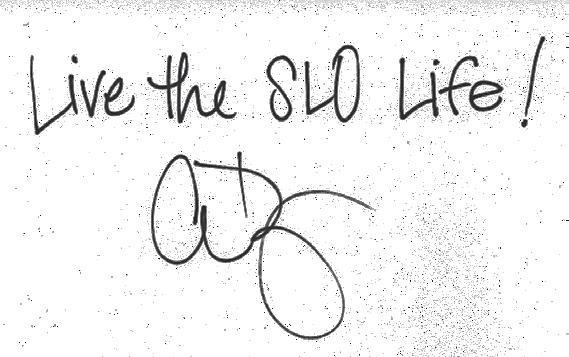
4 minute read
Q&A
Meet the Press
In October, Caren Ray was appointed by Governor Jerry Brown to complete the term of Supervisor Paul Teixeira, who had passed away unexpectedly. The appointment required that she resign her seat on the Arroyo Grande City Council, as well as leave her job at Santa Maria High School where she was popular with the students as both a history teacher and a water polo coach. Today, she is a full-time politician overseeing the County’s 4th District, which includes Arroyo Grande, Oceano, and Nipomo, as she prepares to run for election this June.
You have some deep roots in the county, correct?
I’m a graduate of Arroyo Grande High School. I went to Cuesta College for athletics. I am the one and only female that has ever played men’s water polo at Cuesta. There were very few opportunities for women in collegiate athletics back then. The coach, Terry Bowen, who had an incredible influence in my life, had seen me play because I was local and asked if I wanted join the team. He said, “If you can do it like the boys, you can play with the boys.” I was already playing boy’s water polo at Arroyo Grande High School because there was no such thing as girl’s water polo. It was good preparation for politics, being able to hang with the boys. [laughter]
Do you really feel that politics is a men’s game?
It still is in a lot of ways. And it’s a world I’m familiar with. I feel that I’m able to handle men and powerful people—both metaphorically and physically—because I am accustomed to finding my way in that world. So I enjoy that part of politics. I enjoy the social part of politics. I enjoy the challenge of politics, it’s a puzzle, it’s a game, it’s strategy, it’s preparation, it’s practice—it’s not physical practice as in sports, but it’s reading and being prepared; it’s the same approach.
And you still make time to be a mom. Tell us about
your kids. I have two beautiful children. They are 13 and 11, Calob and Eron, eighth grade and sixth grade. Calob is in mock trial and has taken it upon himself to start a coding club at his school. My son Eron plays baseball and is dabbling in acting. They still think mom is cool, for now, so I need to bring them in as much as I can, and not let them go as much as they want to, and keep these bonds so strong while they still think I’m cool. [laughter] They’re good boys. I’m lucky.
You had taught history at Santa Maria High for 15
years. Why history? I went to UCLA and got my degree in history. I love to learn. I love academics and study. I was very fortunate; when I graduated my family gave me a trip to the Soviet Union. I had saved up some money and extended that trip by four weeks in Europe, doing the backpacking thing. Being there and seeing the world, and seeing the reactions to me, people could look at me and not only tell that I was American but also from California. Part of that was probably my blonde hair and my pink Nikes. I was surprised by the reactions of other people. Some were very embracing and kind and some were very put off. I had never really experienced that before. I realized then that I wanted to teach. I wanted to teach world history.
What part of history most fascinates you?
Mid-1800’s industrialization, and how industrialization really set up the circumstances that led to the issues of the 20th Century: two World Wars, communism in the Soviet Union, etc. etc. I’m not saying industrialization was bad, but the effects are so much more than the growth of cities and pollution. Not only did it affect our lives on a daily basis, but it also affected the way we relate to the rest of the world and to each other. That area of history is fascinating to me because it is so seminal. And, then jumping forward and looking into what’s happening in the Middle East and getting students to understand the complexities of that region. It’s difficult for them to understand why people can’t just choose to get along. Why, if you’ve got two groups of people who believe that they are right—and I can make an argument that they’re both right—how do you find peace in that circumstance? How do those conflicts affect our daily lives? How are we connected? Those are the questions I find intriguing.
It’s been said that “the past is prologue.” What
will things be like in 500 years? I think they’re going to look back at industrialization and the 20th Century as something akin to the Dark Ages, I really do. And, I mean “dark” literally with the issues of pollution, but also with the mechanization of war. I think that we are coming into a period now where we are leaving a lot of that behind. And, because of our interconnectivity we’re coming into this era where you can’t just sit in your little fiefdom anymore, and you can’t behave in a way that is isolated from others. All of us matter to each other, and I think that is a very human way to exist. We are going through an extraordinary period of growth. The world is going through a massive amount of change like a renaissance. Some of it is extraordinarily good; the bad we will figure out. And we’re going to figure it out because I’m an optimist. We’ll figure it out. When you look at things on that continuum, that historical continuum, and project forward, I think it’s a very happy story. I think it’s a very positive direction.











